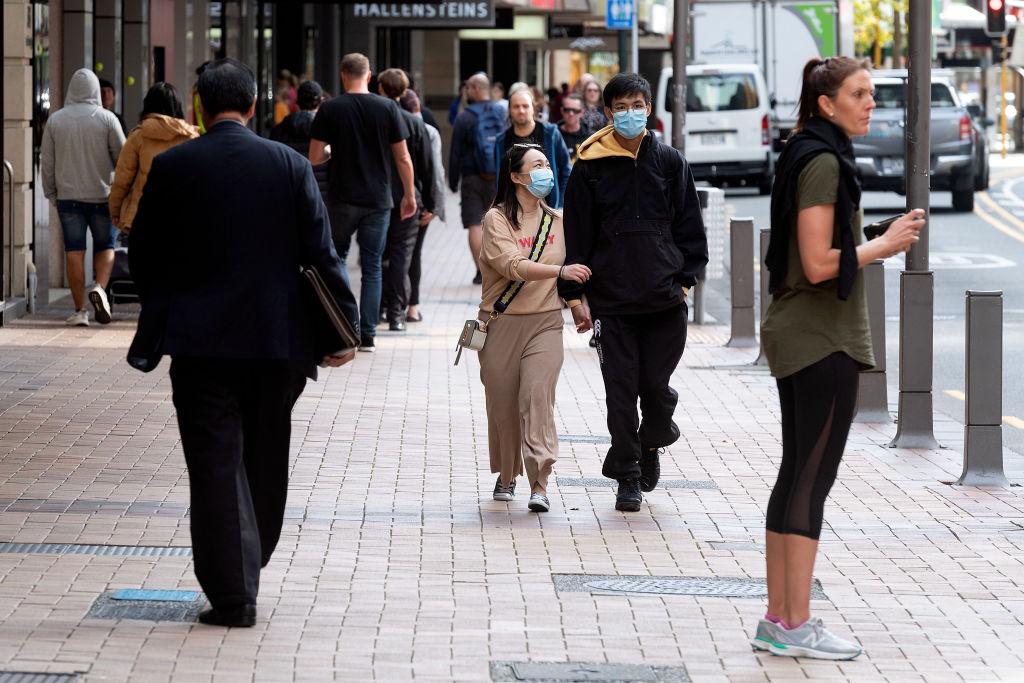The Reserve Bank of New Zealand (RBNZ) has raised the cash rate by 50 basis points to three percent and warned of risks associated with continued high levels of government spending.
After inflation hit a 32-year high of 7.3 percent, the central bank made its fourth consecutive 50 points hike of the year, bringing the official cash rate to a seven-year high.





